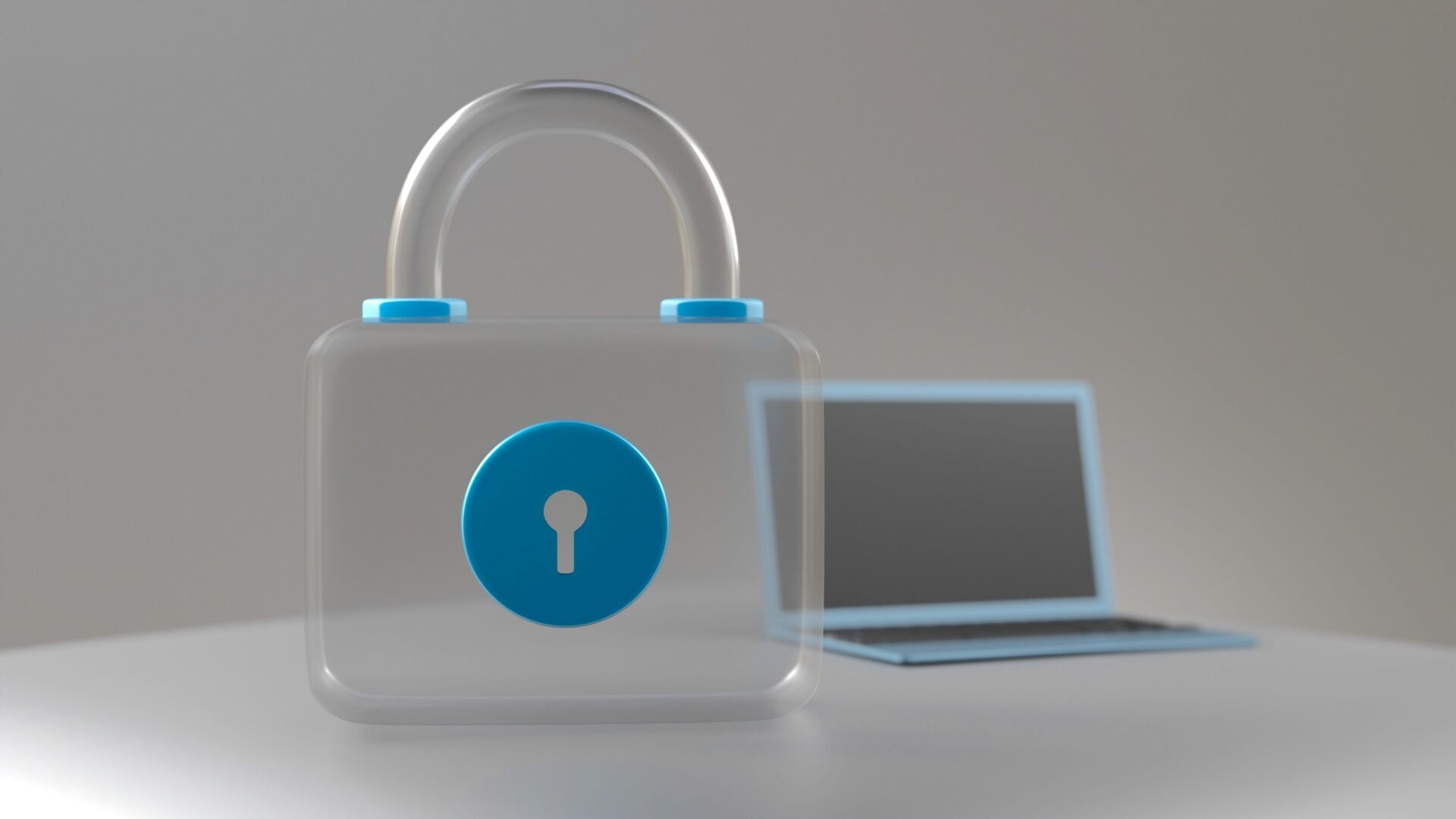
In a major step forward, the National Institute of Standards and Technology (NIST) in the United States has finalised its first three “quantum-safe algorithms” that would help organisations defend against cyber threats from quantum computers in the years ahead.
These algorithms, announced last month, will help to prevent the more powerful computers from breaking existing encryption methods through sheer brute force or millions of repeated attempts.
“These finalised standards include instructions for incorporating them into products and encryption systems,” said Dustin Moody, who heads NIST’s post-quantum cryptography (PQC) standardisation project.
These standards are the primary tools for general encryption and protecting digital signatures, he added. “We encourage system administrators to start integrating them into their systems immediately, because full integration will take time.”
NIST, a part of the US government’s Department of Commerce, regularly tests technologies from the industry, such as face recognition, and also sets standards, including for cybersecurity, for the country’s government agencies and businesses. Its findings are followed globally by technology vendors as well as large organisations.
Two of the new NIST quantum-safe algorithms, ML-KEM (originally known as Crystals-Kyber) and ML-DSA (originally Crystals-Dilithium) were developed by IBM researchers in collaboration with several industry and academic partners.
The third published algorithm, SLH-DSA (initially submitted as Sphincs+) was co-developed by a researcher who has since joined IBM. A fourth IBM-developed algorithm, FN-DSA (originally called FALCON), has been selected for future standardisation.
The release of these algorithms marks a key milestone in efforts to protect encrypted data from potential attacks by quantum computers.
One key concern is Rivest-Shamir-Adleman (RSA)-based encryption commonly used today, which depends on the difficulty of factoring prime numbers. This is a task that is tough for classical computers but far easier for quantum computers coming online.
Based on IBM’s Quantum Development Roadmap, the tech company expects to deliver its first error-corrected quantum system by 2029 that can perform hundreds of millions of quantum operations and provide precise answers to important and challenging issues that are currently unsolvable by conventional computers.
By 2033, this machine will have been expanded to perform more than one billion quantum processes.
These newly-released standards from NIST are intended to protect data transferred over public networks and for digital signatures used for identity authentication.
Now that they are official, they will serve as the benchmark, providing guidelines for governments and businesses across the globe to start implementing post-quantum cybersecurity measures.
In 2016, NIST had asked cryptographers worldwide to develop and submit new, quantum-safe cryptographic schemes to be considered for future standardisation. In 2022, four out of the 69 algorithms that were submitted for review were chosen for future standardisation: Crystals-Kyber, Crystals-Dilithium, Falcon, and Sphincs+.
NIST has said that it continues to evaluate two other sets of algorithms that could eventually be used as backup standards.
One of these sets consists of three general encryption algorithms based on a different type of mathematical problem than the general-purpose algorithm in the approved standards.
By end 2024, NIST plans to announce its selection of one or two of these algorithms. The second set includes a broader group of algorithms created for digital signatures.






